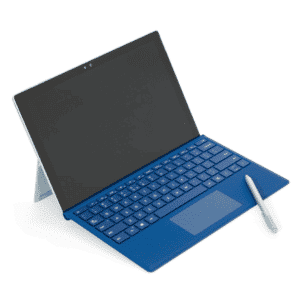18 Jul How To Speed Up A Slow Computer?
If your computer is running slow, there are several steps you can take to help speed it up. Repair Not Replace can help with any computer repair, we are first for computer repairs near me. Here are some suggestions:
- Close unnecessary programs: Having multiple programs running simultaneously can consume system resources and slow down your computer. Close any unnecessary programs running in the background.
- Restart your computer: Sometimes a simple restart can help clear out temporary files and free up system resources, which can improve performance.
- Check for malware: Malware and viruses can significantly impact your computer’s performance. Use a reliable antivirus or anti-malware program to scan your system and remove any threats.
- Free up disk space: Insufficient disk space can cause your computer to slow down. Delete unnecessary files, uninstall unused programs, and consider moving large files to an external storage device or cloud storage.
- Disable startup programs: Some programs automatically start when you boot up your computer, consuming system resources. Disable unnecessary startup programs to improve startup time and overall performance. You can manage startup programs through the Task Manager (Windows) or System Preferences (Mac).
- Update your operating system and software: Keeping your operating system and software up to date ensures you have the latest bug fixes and performance improvements.
- Upgrade your hardware: If your computer is consistently slow and outdated, upgrading hardware components like RAM (memory) or replacing your hard drive with a solid-state drive (SSD) can provide a significant performance boost.
- Adjust visual effects: On Windows, you can improve performance by adjusting visual effects. Go to the Control Panel, search for “Performance Options,” and select “Adjust the appearance and performance of Windows.” From there, you can choose the “Adjust for best performance” option or customize specific visual effects to disable.
- Reduce browser extensions: Browser extensions can consume memory and slow down web browsing. Disable or remove unnecessary extensions from your web browser.
- Consider a clean installation: If all else fails, you might consider performing a clean installation of your operating system. This process involves formatting your hard drive and reinstalling the operating system, which can help remove any lingering software issues.
Remember to back up your important files before attempting any significant changes to your computer. If you’re unsure about performing certain tasks, it’s recommended to consult with a professional or seek assistance from someone with computer expertise. Laptop repairs near me, MacBook repairs me. We offer free advice on all computer issues, so if you have a computer problem please do call us.



